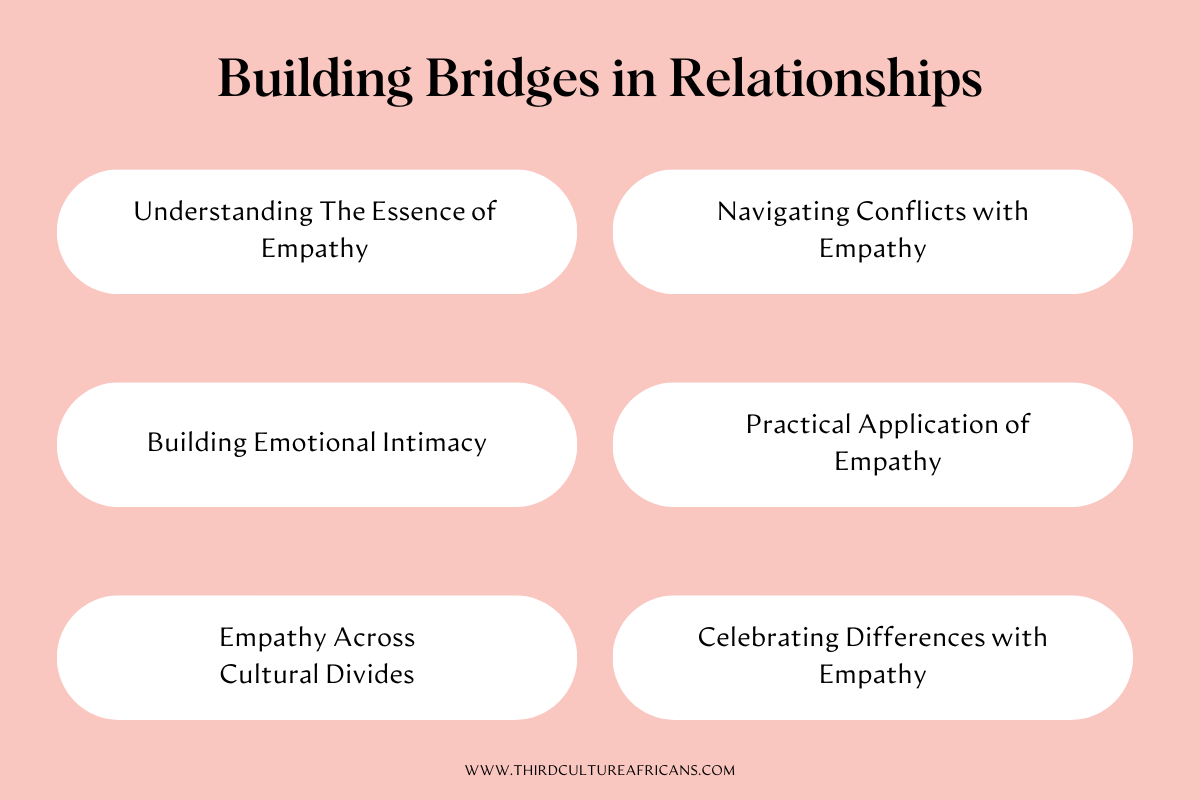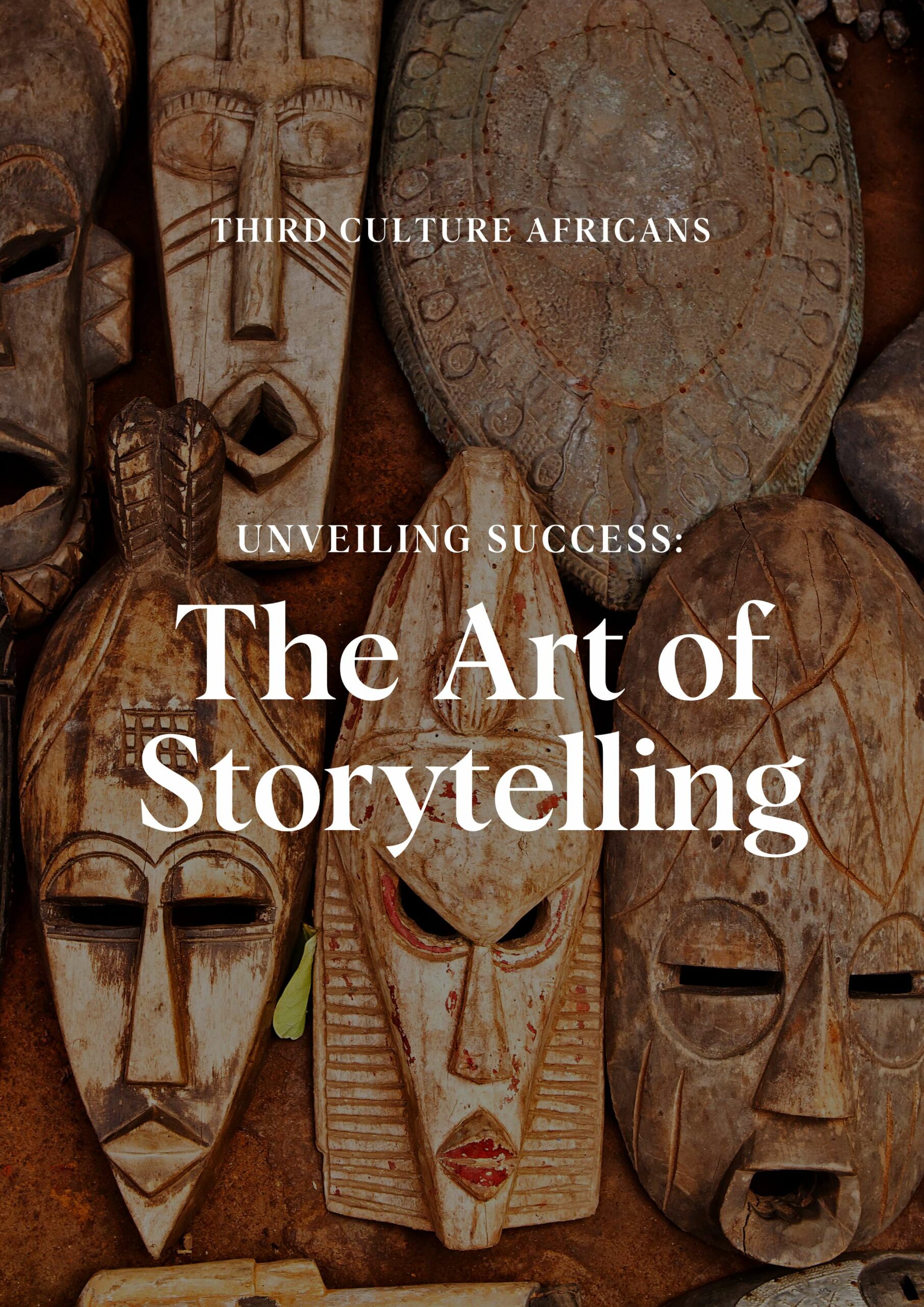In an increasingly fast-paced world, the quest for self-discovery has become a vital endeavor for many individuals seeking deeper understanding and fulfillment in their lives. Central to this journey is the practice of mindfulness, which serves as both a tool and a framework for introspection and personal growth.
By cultivating a heightened awareness of the present moment, mindfulness encourages individuals to observe their thoughts, feelings, and experiences without judgment, facilitating a clearer connection to their inner selves. This article explores the significant role that mindfulness plays in the process of self-discovery, examining how it aids in unveiling personal values, beliefs, and desires.
Through a careful integration of mindfulness techniques such as meditation, body scanning, and reflective journaling, individuals can uncover layers of self-awareness that may have remained dormant amidst the chaos of everyday life.
Furthermore, this exploration will highlight empirical studies and expert insights that underscore the psychological benefits of mindfulness, illustrating its transformative potential in guiding individuals toward a more authentic and meaningful existence.
As such, the intersection of mindfulness and self-discovery presents a compelling narrative of personal evolution, one that invites individuals to embark on a journey toward holistic well-being and self-realization.
Mindfulness fosters awareness of thoughts.
Practicing mindfulness allows individuals to observe their thoughts without judgment, creating a space for reflection and understanding. By focusing on the present moment, one can identify recurring patterns of thinking, emotional triggers, and automatic responses that may otherwise go unnoticed.
This increased awareness helps individuals to differentiate between their thoughts and their true selves, leading to a deeper understanding of their motivations, fears, and desires.
Through regular mindfulness practice, awareness of thoughts becomes sharper and more nuanced. As individuals engage with their mental processes, they can begin to discern which thoughts are constructive and which may contribute to stress or anxiety.
This clarity not only enhances emotional regulation but also encourages a sense of agency in choosing how to respond to life’s challenges. Ultimately, this journey of self-awareness fosters personal growth and self-acceptance, laying a foundation for a more authentic and fulfilling life.
This approach encourages a greater awareness of one's mental and emotional landscape, promoting self-acceptance and reducing anxiety.
Self-reflection enhances personal growth opportunities.
By delving into self-reflection, individuals unlock avenues for transformative personal development. This introspective process allows them to confront their beliefs and behaviors, facilitating a deeper understanding of their life experiences.
As they analyze their reactions to various situations, they can identify areas for improvement and set meaningful personal goals. This examination fosters resilience, as recognizing past mistakes or challenges enables individuals to learn and adapt, promoting a growth mindset that is crucial for navigating future obstacles.
Moreover, self-reflection nurtures emotional intelligence, as individuals become more attuned to their emotions and the emotions of others. This heightened sensitivity can lead to improved relationships, both personally and professionally, as they gain insight into interpersonal dynamics.
As they cultivate empathy and understanding through the lens of their own experiences, they are better equipped to engage with others in a constructive manner. Ultimately, the practice of self-reflection not only paves the way for personal growth but also enriches one’s overall life experience, fostering a more profound connection with oneself and the world around them.
Emotional regulation supports healthier relationships.
Mastering emotional regulation is essential for fostering healthier and more fulfilling relationships. When individuals are able to manage their emotions effectively, they are less likely to react impulsively or engage in destructive behaviors during conflicts.
This ability to navigate emotional responses encourages constructive communication and creates a safe space for open dialogue, which is vital in any relationship. By understanding their own emotional triggers, individuals can respond thoughtfully, rather than letting their feelings dictate their actions.
In addition, emotional regulation enhances empathy, enabling individuals to respond to others’ emotions with compassion and understanding. This mutual emotional awareness can deepen connections, as individuals feel validated and supported in their experiences.
As they learn to balance their emotional expressions, they not only strengthen their interpersonal bonds but also contribute to a more harmonious environment, whether at home, work, or in social settings. Thus, cultivating emotional regulation becomes a key factor in building lasting and meaningful relationships.
Mindful practices cultivate inner peace.
Engaging in mindful practices allows individuals to create a sanctuary within themselves, fostering a sense of tranquility that permeates their daily lives. By focusing on the present moment and observing thoughts and feelings without judgment, individuals can cultivate an inner stillness that shields them from external chaos.
This approach encourages a greater awareness of one’s mental and emotional landscape, promoting self-acceptance and reducing anxiety. As individuals integrate mindfulness into their routines, they often find that they can approach challenges with a sense of calm, facilitating clearer thinking and more intentional decision-making.
Moreover, the consistent practice of mindfulness reinforces a compassionate relationship with oneself. Through techniques such as meditation, deep breathing, and mindful observation, individuals learn to embrace their experiences, both positive and negative, as part of their journey.
This acceptance diminishes the tendency to dwell on past grievances or future worries, leading to a profound shift in perspective. As inner peace takes root, individuals may notice improvement in their overall well-being, enhanced emotional resilience, and a greater capacity for joy, which in turn enriches their interactions with others and the world around them.

Check out this article!
Self-discovery leads to life clarity.
Through the cultivation of mindfulness, individuals embark on a journey of self-exploration that ultimately results in enhanced life clarity. As they become more attuned to their thoughts and emotions, they gain insights into their values, desires, and motivations.
This heightened self-awareness enables them to identify what truly matters in their lives, allowing for a more authentic way of living. By recognizing patterns in their behavior and understanding the underlying reasons for their choices, individuals can align their actions with their core beliefs, leading to a more fulfilling existence.
In this process, clarity emerges as individuals disentangle themselves from external expectations and societal pressures. As they delve deeper into their inner selves, they find the courage to make decisions that resonate with their true identity.
This newfound clarity acts as a guiding compass, directing individuals toward goals and aspirations that genuinely reflect who they are. Ultimately, the transformative power of self-discovery through mindfulness fosters resilience and confidence, equipping individuals to navigate life’s complexities with a sense of purpose and direction.
In conclusion, mindfulness plays a pivotal role in the journey of self-discovery, serving as a powerful tool for individuals seeking deeper self-awareness and personal growth. By cultivating present-moment awareness, individuals can uncover their thoughts, feelings, and behaviors, leading to greater insight into their true selves.
This practice encourages a non-judgmental exploration of one’s inner landscape, allowing for the acceptance of both strengths and weaknesses. As individuals embrace mindfulness, they can foster a more authentic relationship with themselves, paving the way for transformative experiences and informed decision-making.
Ultimately, the integration of mindfulness into self-discovery not only enhances personal well-being but also empowers individuals to navigate their life’s journey with clarity and purpose.



